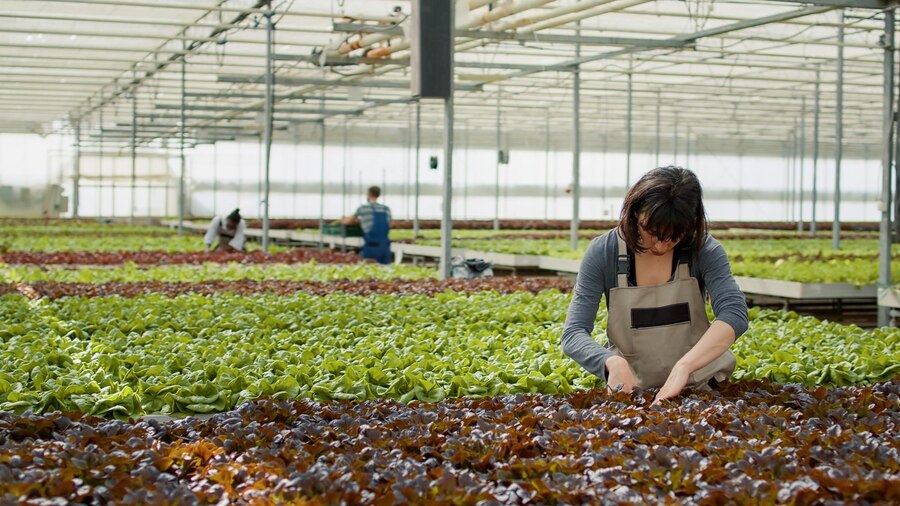As the global population continues to grow, the demand for food is increasing. However, the challenge for farmers is to produce more while minimizing their impact on the environment. Sustainable farming practices offer a solution, allowing farmers to balance productivity with environmental responsibility. In this blog, we will explore the principles of sustainable agriculture and provide practical tips for integrating these practices into everyday farming operations.
Understanding Sustainable Agriculture
Sustainable agriculture is an approach that seeks to meet current food needs without compromising the ability of future generations to meet their own needs. This involves using farming techniques that are environmentally friendly, economically viable, and socially responsible. The goal is to create a system that enhances productivity while protecting the land and resources for future use.
Key Principles of Sustainable Farming
- Soil Health: Healthy soil is the foundation of sustainable agriculture. Practices such as crop rotation, cover cropping, and reduced tillage can improve soil structure, enhance fertility, and promote biodiversity. Maintaining soil health not only increases crop yields but also helps sequester carbon and reduce greenhouse gas emissions.
- Water Conservation: Efficient water management is crucial in sustainable farming. Techniques such as drip irrigation, rainwater harvesting, and soil moisture monitoring can help conserve water while ensuring crops receive the necessary hydration. Implementing these practices can lead to significant cost savings and reduce the risk of water shortages.
- Biodiversity: Promoting biodiversity on farms is essential for maintaining healthy ecosystems. This can be achieved by planting a variety of crops, creating habitats for beneficial insects, and reducing the use of chemical pesticides. Biodiverse farming systems are more resilient to pests and diseases, leading to increased stability and productivity.
- Integrated Pest Management (IPM): IPM is an eco-friendly approach to pest control that combines biological, cultural, and chemical practices to manage pest populations effectively. By using natural predators, crop rotation, and targeted pesticide applications, farmers can minimize the environmental impact while protecting their crops.
- Renewable Resources: Sustainable farming encourages the use of renewable resources, such as solar energy and organic fertilizers. By utilizing these resources, farmers can reduce their dependence on non-renewable inputs and contribute to a more sustainable food system.
Practical Tips for Implementing Sustainable Practices
- Educate Yourself: Stay informed about the latest sustainable practices and technologies. Attend workshops, webinars, and conferences to learn from experts and fellow farmers.
- Start Small: Implementing sustainable practices doesn’t have to be overwhelming. Start with a few changes, such as incorporating cover crops or reducing pesticide use, and gradually expand your efforts.
- Monitor and Adjust: Regularly assess the effectiveness of your sustainable practices. Use data and feedback to make informed adjustments and improve your farming methods over time.
- Engage with the Community: Collaborate with local farmers, organizations, and agricultural extension services to share knowledge and resources. Building a community around sustainable farming can lead to innovative solutions and support.
Conclusion
Sustainable farming practices offer a pathway for farmers to meet the growing food demand while protecting the environment. By prioritizing soil health, water conservation, biodiversity, and renewable resources, farmers can create a more sustainable and resilient agricultural system. Embracing these practices not only benefits the planet but also enhances the long-term viability of farming operations, ensuring a better future for generations to come.


